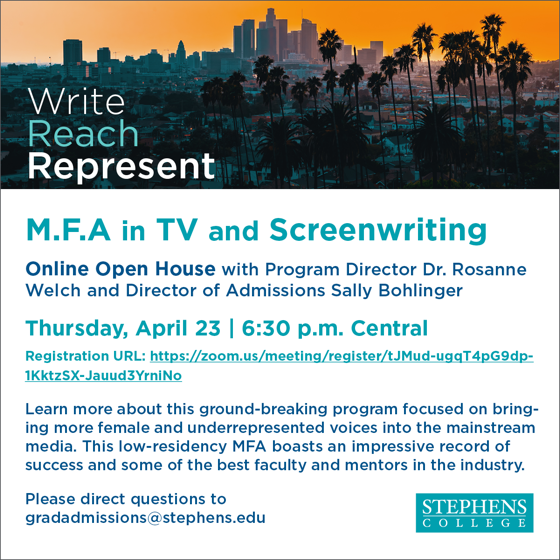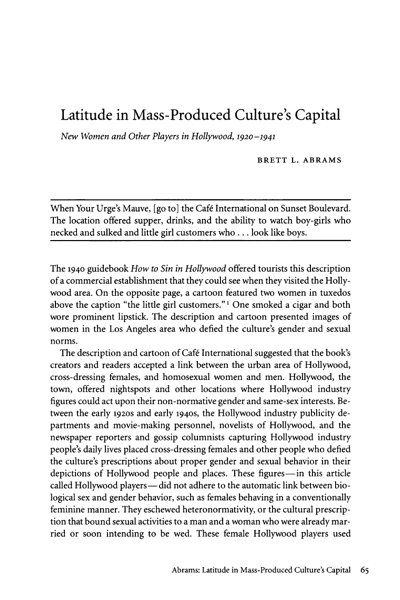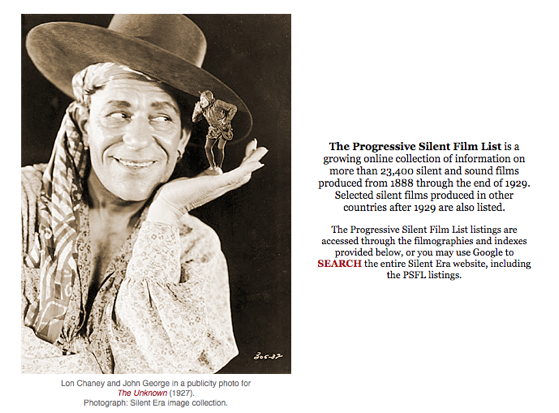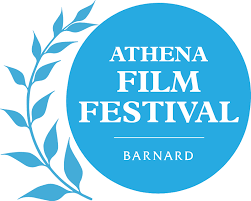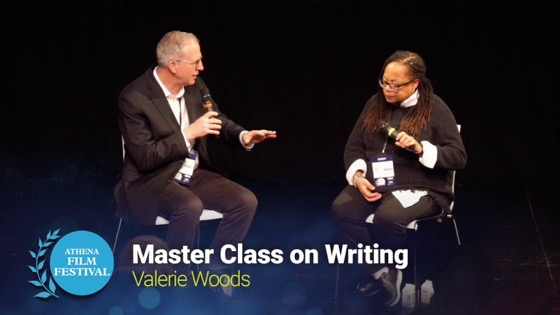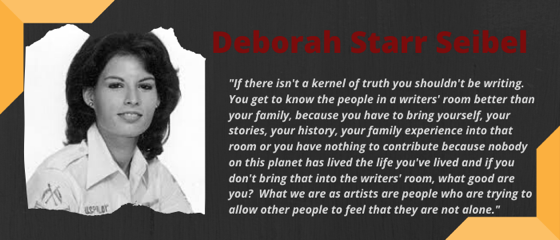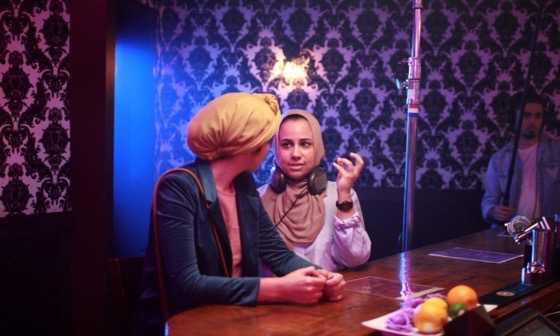![Listen to the latest How I Wrote That Podcast with Tera Hernandez of The Big Bang Theory [Audio]](https://rosannewelch.com/wp-content/uploads/2019/08/hiwt-stephens-logo-1-1.png)

Subscribe to the Podcast with iTunes | TuneIn
Listen to this episode
Podcast: Play in new window | Download
Subscribe:
Dawn Comer Jefferson is an Emmy-nominated, award-winning writer. On television, Comer Jefferson wrote on the CBS family drama Judging Amy, served as writer/consulting producer on MTV’s teen drama, South of Nowhere, freelanced on the CBS hit NCIS, and developed a drama pilot at NBC Universal Studios. She was nominated for an Emmy for writing the Fox-animated family film, Our Friend, Martin, and for the last nine years has written Emmy-winning arts programming for PBS, performed at the Walt Disney Concert Hall and the Dorothy Chandler Pavilion.
As a non-fiction writer, Comer Jefferson has written about children, families and public policy issues for national print and online media including Garnet News, Working Mother, Fit Pregnancy Magazine and MomsRising, and her essays have been featured in the anthologies A Woman Alone (Seal Press) and Go Girl (Eighth Mountain Press). She adapted, produced and directed the eight-part NPR radio series adaptation of the biography Maggie’s American Dream, co-wrote the nonfiction book Three Ring Circus: How Real Couples Balance Marriage, Work, and Family, and the African American historical children’s fiction, The Promise. Visit her website.
“My first piece of advice is to recognize that you are a writer and a storyteller. A lot of people are hesitant to own that yet you really need to be in that mind space. And then remember that your first draft is not your only draft. There are probably 15 or 16 more and you’re not really done until your done… and even then, you’re not done.“
-Dawn Comer Jefferson
Presented by Stephens College MFA in TV and Screenwriting
Visit the Stephens College MFA in TV and Screenwriting for more information.
Follow @StephensMFA on Instagram
Follow and Like the Stephens College MFA in TV and Screenwriting
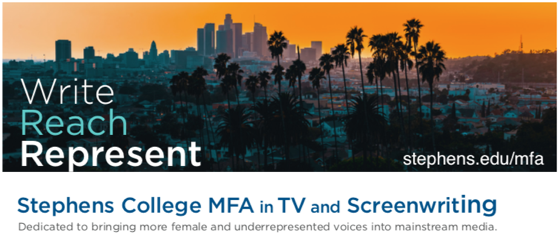
![Stephens College MFA in TV and Screenwriting [Video]](https://rosannewelch.com/wp-content/uploads/2020/05/Stephens-College-MFA-in-TV-and-Screenwriting-Official-AD.jpeg)




